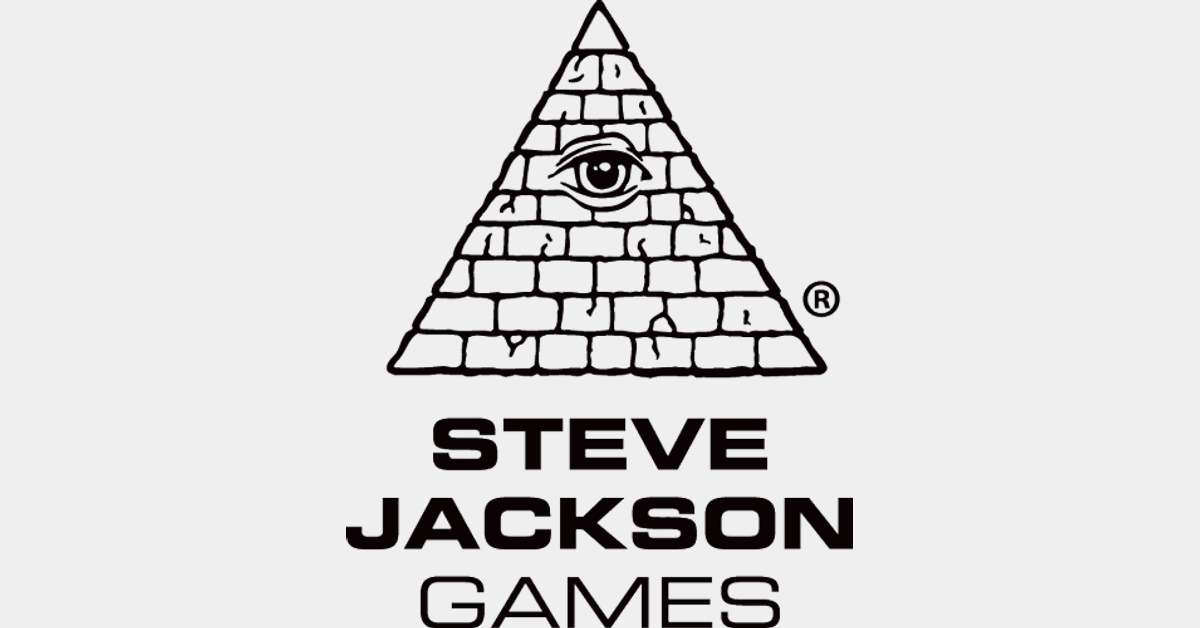Why would it? You might as well ask whether it would change to The Fantasy Trip, or rules from Munchkin cards, or the mechanics of Ninja Burger.
Because in the history of RPGs, most new ownership situations do NOT preserve the existing game's mechanics, usually porting them to an existing system of the publisher. Take Ninja Burger...
1st edition was a custom system (same mechanics as
Kobolds Ate My Baby)
2nd edition was licensed to a different company, and immediately revised it to be their in-house favorite, PDQ#. (and lost me as a potential customer; the system didn't feel right for the setting to me.)
Or Starships and Spacemen... when it was purchased from the author, the new owners dissembled about what mechanics would be there... they opted to force it into their Mutant Future rules (essentially a D&D BX variant) instead of the original 1d20 roll low attribute driven equally old school game... and then added a bunch of new races without a way to backport them cleanly. It fizzled. The original had sold a bunch when they got it into a really good scanned+OCRed PDF... then the new one, a few third party licensed bits... and it died.
Or Warhammer FRP... every new publisher has tweaked the rules heavily to complete rewrite - save one. First it was Citadel/Flame. Then first was licensed to Hogshead. This is the only time it didn't change mechanics. Then it went to Black Industries, who had Chris of Green Ronin write it... but BI banned people from the playtest for "this doesn't work" comments. When the fanbase noted that BI was not doing things justice, it got passed off to FFG. FFG kept WFRP and
Dark Heresy in print... and built the other promised DH-compatibles, but did a new WFRP... with custom dice. (I actually like it.) Then, their license ended, and C7 got it. Yet another new system, strongly grounded in 2nd ed, but not really compatible. As with 1e to 2e, 1e to 4e and 2e to 4e are convertible, mostly on the fly, but it's much more limited a set of choices...
Some companies did this to their own game lines... GDW did it several times. CT2 to MT is convertible, largely on the fly, same attributes and scaling and skill level range. But totally different combat mechanics Then They ported it to a different engine in Traveller: The New Era.
Now, they also did it to Twilight 2000... 1e was a 3-18 stat range, percentile skills derived from atts. 2e was a 1-10 (2d6-2 min 1) att range, with skills being rolled on 1d10 ≤ skill × Diffimod. 2.2e, they changed it to 1d20 ≤ (stat + skill) × Diffmod, and added two more difficulty levels to match the levels used in MegaTraveller. Note that T2K 2.2e was the basic ruleset used for Traveller: The New Era... and while it wasn't a flop... surveys at the time showed less than 10% of MT players migrated to TNE... but the TNE player base was 40% the size of MT. (and MT was half the size of CT, despite CT being out of print at the time.)
Marc tinkers... he did T4 based upon his at home tinkering, and so when GDW closed, he launched it with a new company. Again, most didn't convert, but it still sold decently. Mongoose later got the license, and new ruleset that's convertible on the fly with CT/MT (less so for TNE and T4)... then they revised it to a convert-on-the-fly (different skill list) and different ship building rules. (They did errata cleanup and new look last year, essentially MGT 2.1)
Changing the mechanics at buyout or new licensee is just about standard. It's more notable when it doesn't... such as Pendragon. Or Hero Wars/HeroQuest/Quest Worlds are iterations of both the design team and the core mechanics, but largely compatible on the face. Or the just errata of Prince Valiant 2e.
Hell, just look at D&D and Pathfinder.
The core mechanics for combat in D&D changed rather abruptly with 3E, after WotC bought TSR, and Then was themselves acquired by HasBro.
The core mechanics of AD&D 1e and 2e are largely the same, but there are differences - convert on the fly and/or use as is mostly compatible. But the move to 3E? the attribute scaling changes because atts suddenly got to improve. Non-combat skills were even more integral, and some even had combat applications.
4E kept the attribute list, the scaling, and that it used skills, hit points, and leveled spells.
5E did the same as 4E. 5E2024 is less a change, but there are a bunch of little things, and it's confusing the audience... and the DDB subscribers? most haven't even used the 5e-'24 character gen. It's selling a lot... but is it getting used?
For 5E fans, one can be happy Elon Musk got distracted by a brownie and politics; he made dismissive comments about WotC and then inquired about HasBro's valuation.





